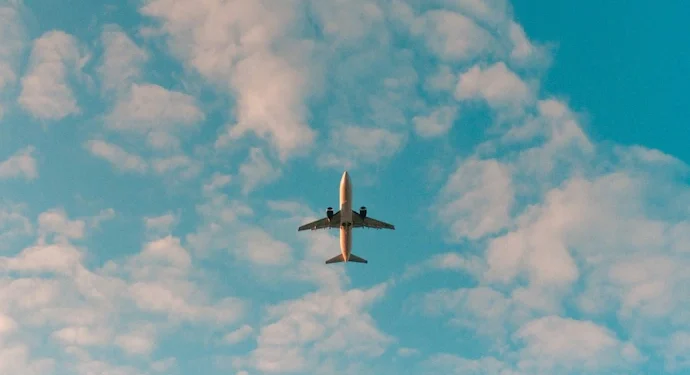Lagatar24 Desk
New Delhi: Amid heightened tensions between India and Pakistan following the deadly Pahalgam terror attack, several top international airlines have begun voluntarily steering clear of Pakistani airspace, even without being officially banned from doing so. This strategic shift, although unofficial, could deal a significant economic blow to Pakistan’s Civil Aviation Authority.
Airlines reroute over safety and uncertainty
In the past 48 hours, carriers such as Lufthansa, British Airways, Air France, Swiss, LOT Polish Airlines, and ITA Airways of Italy have chosen to bypass Pakistan’s airspace, increasing average flight durations between Europe and India by roughly an hour. While these airlines haven’t been ordered to avoid Pakistan, the current geopolitical scenario and concerns over operational safety have prompted the decision.
Financial fallout for Pakistan and airlines
Pakistan’s aviation authority charges overflight fees to all carriers using its airspace. With fewer airlines flying over the country, Islamabad stands to lose millions of dollars each month. In a similar situation following the 2019 Balakot airstrike, Pakistan reportedly lost over $100 million in five months due to an airspace shutdown.
Meanwhile, Indian airlines—now banned from using Pakistan’s airspace—are bearing substantial costs. According to CAPA (Centre for Asia-Pacific Aviation), Indian carriers like Air India, IndiGo, and SpiceJet are incurring additional expenses of $70–80 million monthly. Air India alone may face losses of up to $600 million annually due to the extended flight routes.
A lose-lose for Pakistan
While India faces increased operational costs, the decision of global airlines to voluntarily avoid Pakistan could leave the latter with no overflight revenue from either side. Airlines that don’t use the airspace don’t pay fees, amplifying Pakistan’s economic strain in this standoff. Aviation experts note this growing trend reflects the seriousness with which global operators are treating regional security dynamics.
India responds with policy and pressure
India’s civil aviation ministry has sought input from domestic airlines regarding the ongoing airspace restrictions. Indian carriers have submitted detailed impact assessments and suggestions, while the Centre continues to press for diplomatic and economic accountability from Islamabad over the Pahalgam attack that claimed 26 lives.







